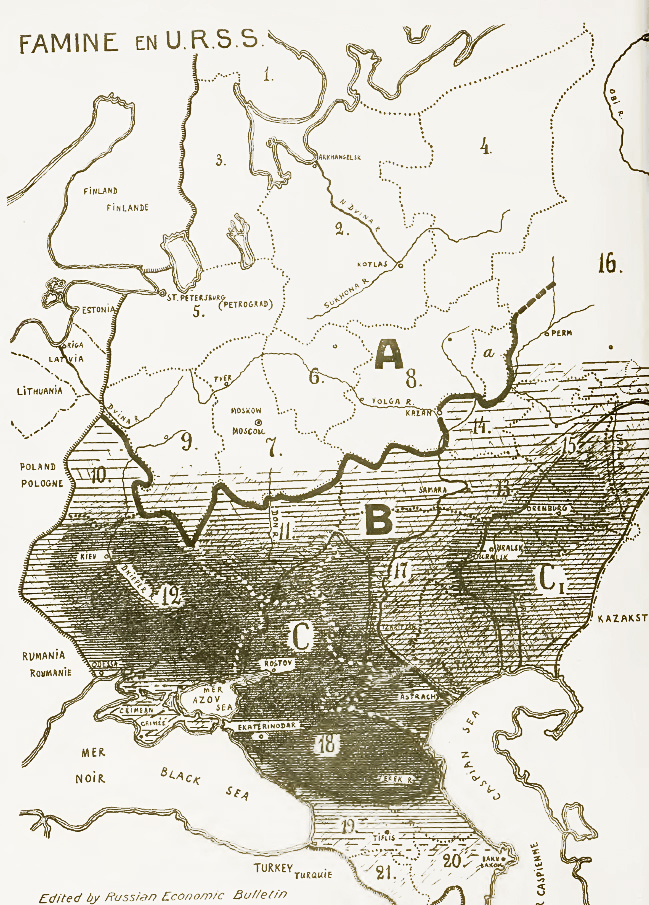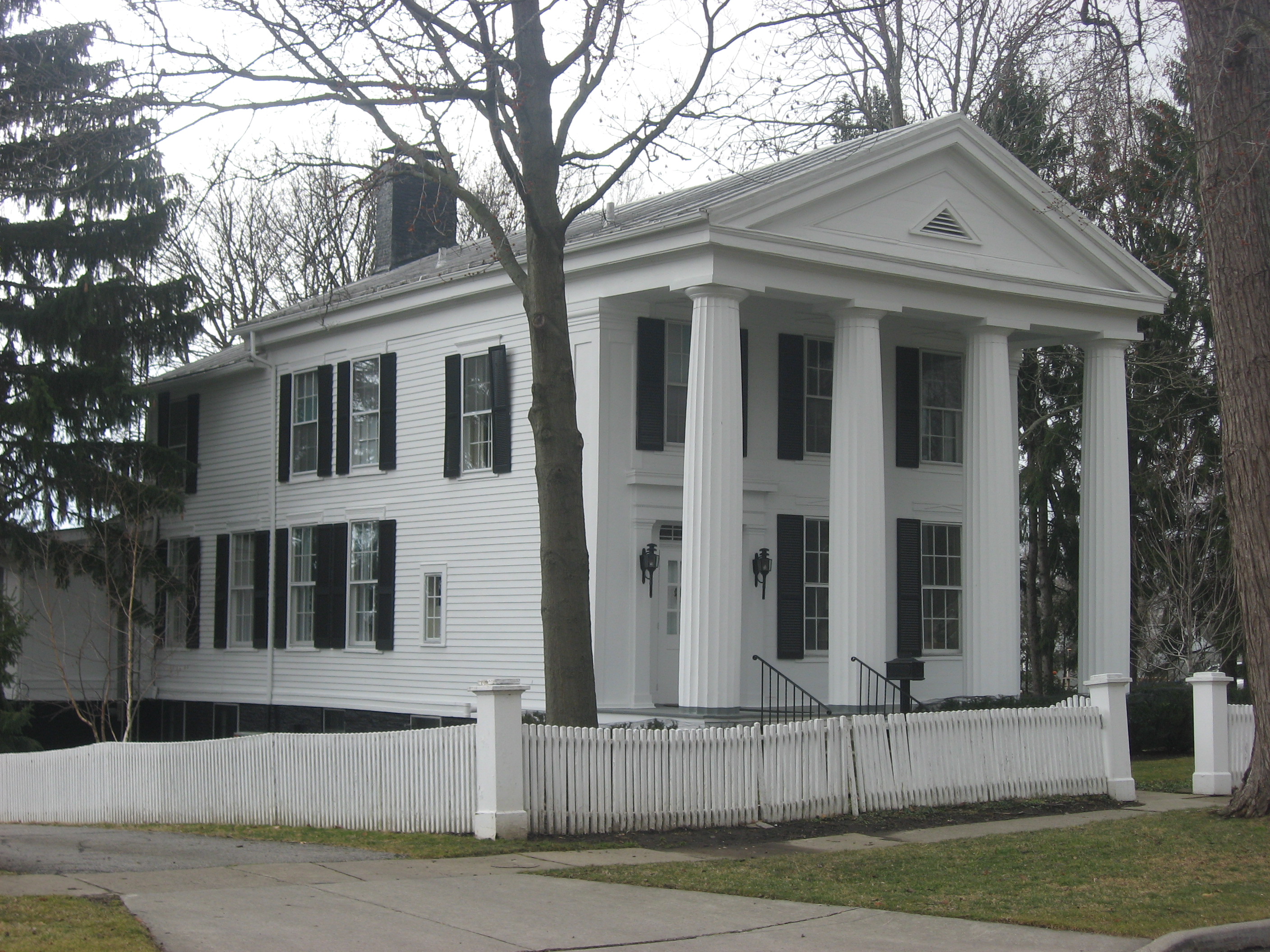|
Slovo House (2017 Film)
Slovo House is a 2017 Ukrainian documentary film directed by :uk:Томенко Тарас Миколайович, Taras Tomenko and written by Lyuba Yakimchuk. The Ukrainian premiere of the film took place on October 27, 2017, in Kharkiv. The film participated in the official competition program of the 33rd Warsaw Film Festival, Warsaw International Film Festival in 2017. In 2018, the film won the Ukrainian National Film Award "Golden Dzyga" in the category ":uk:Премія «Золота дзиґа» за найкращий документальний фільм, Best Documentary." Plot In the late 1920s, a house was built in Kharkiv, then the capital of the Ukrainian Soviet Socialist Republic, according to Stalin, especially for Ukrainian writers and other cultural figures of the USSR. It was designed by Kharkiv city architect :uk:Дашкевич Михайло Іродіонович, Mykhailo Dashkevych. Everything was provided there for the convenience of residents - spac ... [...More Info...] [...Related Items...] OR: [Wikipedia] [Google] [Baidu] |
Anatol Petrytsky
Anatol Petrytsky (January 31 (February 12), 1895 – March 6, 1964) was a Soviet painter, stage and book designer. Biography Petrytsky was born in the family of a railwayman. From 1912 to 1918, he studied at the Kiev Art School. Was an apprentice of Vasyl Krychevsky Vasyl Hryhorovych Krychevsky ( uk, Василь Григорович Кричевський; January 12, 1873 in Vorozhba village, now Lebedyn Raion – November 15, 1952, in Caracas, Venezuela) was a Ukrainian painter, architect, art scholar, gra .... At the same time, he studied at the studio of Alexander Murashko. In 1916, he debuted as a stage designer. He was Chief Artist of the Young Theater, Les Kurbas (1917–1919) and completed the majority of theatre performances, including "Autumn," "Candida," "Flooded Bell," and "Christmas Vertep." In 1927, he was one of the founders (together with writers Geo Shkurupii, Dmitry Buzk, Leonid Skrypnyk, Oleksiy Poltoratsky, and Oleksii Vlizko, and artist Vadym Meller) of t ... [...More Info...] [...Related Items...] OR: [Wikipedia] [Google] [Baidu] |
Ukrainian-language Films
Ukrainian ( uk, украї́нська мо́ва, translit=ukrainska mova, label=native name, ) is an East Slavic language of the Indo-European language family. It is the native language of about 40 million people and the official state language of Ukraine in Eastern Europe. Written Ukrainian uses the Ukrainian alphabet, a variant of the Cyrillic script. The standard Ukrainian language is regulated by the National Academy of Sciences of Ukraine (NANU; particularly by its Institute for the Ukrainian Language), the Ukrainian language-information fund, and Potebnia Institute of Linguistics. Comparisons are often drawn to Russian, a prominent Slavic language, but there is more mutual intelligibility with Belarusian,Alexander M. Schenker. 1993. "Proto-Slavonic," ''The Slavonic Languages''. (Routledge). pp. 60–121. p. 60: " hedistinction between dialect and language being blurred, there can be no unanimity on this issue in all instances..."C.F. Voegelin and F.M. Voegelin. 1 ... [...More Info...] [...Related Items...] OR: [Wikipedia] [Google] [Baidu] |
2017 Documentary Films
Seventeen or 17 may refer to: *17 (number), the natural number following 16 and preceding 18 * one of the years 17 BC, AD 17, 1917, 2017 Literature Magazines *Seventeen (American magazine), ''Seventeen'' (American magazine), an American magazine *Seventeen (Japanese magazine), ''Seventeen'' (Japanese magazine), a Japanese magazine Novels *Seventeen (Tarkington novel), ''Seventeen'' (Tarkington novel), a 1916 novel by Booth Tarkington *''Seventeen'' (''Sebuntiin''), a 1961 novel by Kenzaburō Ōe *Seventeen (Serafin novel), ''Seventeen'' (Serafin novel), a 2004 novel by Shan Serafin Stage and screen Film *Seventeen (1916 film), ''Seventeen'' (1916 film), an American silent comedy film *''Number Seventeen'', a 1932 film directed by Alfred Hitchcock *Seventeen (1940 film), ''Seventeen'' (1940 film), an American comedy film *''Eric Soya's '17''' (Danish: ''Sytten''), a 1965 Danish comedy film *Seventeen (1985 film), ''Seventeen'' (1985 film), a documentary film *17 Again (film), ... [...More Info...] [...Related Items...] OR: [Wikipedia] [Google] [Baidu] |
2017 Films
Seventeen or 17 may refer to: *17 (number), the natural number following 16 and preceding 18 * one of the years 17 BC, AD 17, 1917, 2017 Literature Magazines * ''Seventeen'' (American magazine), an American magazine * ''Seventeen'' (Japanese magazine), a Japanese magazine Novels * ''Seventeen'' (Tarkington novel), a 1916 novel by Booth Tarkington *''Seventeen'' (''Sebuntiin''), a 1961 novel by Kenzaburō Ōe * ''Seventeen'' (Serafin novel), a 2004 novel by Shan Serafin Stage and screen Film * ''Seventeen'' (1916 film), an American silent comedy film *''Number Seventeen'', a 1932 film directed by Alfred Hitchcock * ''Seventeen'' (1940 film), an American comedy film *''Eric Soya's '17''' (Danish: ''Sytten''), a 1965 Danish comedy film * ''Seventeen'' (1985 film), a documentary film * ''17 Again'' (film), a 2009 film whose working title was ''17'' * ''Seventeen'' (2019 film), a Spanish drama film Television * ''Seventeen'' (TV drama), a 1994 UK dramatic short starring Christ ... [...More Info...] [...Related Items...] OR: [Wikipedia] [Google] [Baidu] |
Executed Renaissance
The Executed Renaissance (or "Red Renaissance", uk, Розстріляне відродження, Червоний ренесанс, translit=Rozstriliane vidrodzhennia, Chervonyi renesans) is a term used to describe the generation of Ukrainian language poets, writers, and artists of the 1920s and early 1930s who lived in the Ukrainian Socialist Soviet Republic and were subsequently persecuted, denied work, imprisoned and, in dozens of cases, shot during the Great Terror (August 1937 – November 1938). After the Great Turn in 1929 or "Great Breakthrough" (cf. Mao's Great Leap Forward), the Soviet leader, General Secretary of the Communist Party of the Soviet Union, CPSU Secretary General Joseph Stalin reversed the post-1917 Bolshevik Revolution policies of ''Korenizatsiya'' and Ukrainianization. Outwardly pro-Soviet, poets and writers in Ukraine refused to submit to Stalin's restoration of the House of Romanov, Tsarist policy of the coercive Russification of Ukrai ... [...More Info...] [...Related Items...] OR: [Wikipedia] [Google] [Baidu] |
Slovo Building
The Slovo Building ( uk, Будинок «Слово») is a residential, multi-story building in the Shevchenkivskyi district of Kharkiv. The shape of the building reflects the letter C or S in the Ukrainian language, the first letter of слово ("slovo") or "word". The shape of the building symbolized its construction to house prominent Ukrainian writers, who lived there in over sixty apartments. Built in the late 1920s, it accommodated Ukrainian writers and poets, many of whom were later shot by the Communist authorities at Sandarmokh in Karelia. Today they are known as the " Executed Renaissance". Construction Kharkiv was the capital of the Ukrainian Soviet Socialist Republic from 19 December 1919 to 24 June 1934, and the city became the center of the Ukrainian economy. Its population grew rapidly from 285,000 in 1920 to 423,000 in 1927, and housing shortages became a major problem. This affected the literary community, which had moved to Kharkiv from Kyiv because o ... [...More Info...] [...Related Items...] OR: [Wikipedia] [Google] [Baidu] |
Cyrillic
, bg, кирилица , mk, кирилица , russian: кириллица , sr, ћирилица, uk, кирилиця , fam1 = Egyptian hieroglyphs , fam2 = Proto-Sinaitic , fam3 = Phoenician , fam4 = Greek script augmented by Glagolitic , sisters = , children = Old Permic script , unicode = , iso15924 = Cyrl , iso15924 note = Cyrs (Old Church Slavonic variant) , sample = Romanian Traditional Cyrillic - Lord's Prayer text.png , caption = 1780s Romanian text (Lord's Prayer), written with the Cyrillic script The Cyrillic script ( ), Slavonic script or the Slavic script, is a writing system used for various languages across Eurasia. It is the designated national script in various Slavic, Turkic, Mongolic, Uralic, Caucasian and Iranic-speaking countries in Southeastern Europe, Eastern Europe, the Caucasus, Central Asia, North Asia, and East Asia. , around 250 million people in Eurasia use Cyrillic a ... [...More Info...] [...Related Items...] OR: [Wikipedia] [Google] [Baidu] |
Holodomor
The Holodomor ( uk, Голодомо́р, Holodomor, ; derived from uk, морити голодом, lit=to kill by starvation, translit=moryty holodom, label=none), also known as the Terror-Famine or the Great Famine, was a man-made famine in Soviet Ukraine from 1932 to 1933 that killed millions of Ukrainians. The Holodomor was part of the wider Soviet famine of 1932–1933 which affected the major grain-producing areas of the Soviet Union. While scholars universally agree that the cause of the famine was man-made, whether the Holodomor constitutes a genocide remains in dispute. Some historians conclude that the famine was planned and exacerbated by Joseph Stalin in order to eliminate a Ukrainian independence movement. This conclusion is supported by Raphael Lemkin. Others suggest that the famine arose because of rapid Soviet industrialisation and collectivization of agriculture. Ukraine was one of the largest grain-producing states in the USSR and was subject to unre ... [...More Info...] [...Related Items...] OR: [Wikipedia] [Google] [Baidu] |
Bruno Jasieński
Bruno Jasieński , born Wiktor Bruno Zysman (17 July 1901 – 17 September 1938), was a Polish poet, novelist, playwright, Catastrophist, and leader of the Polish Futurist movement in the interwar period.Dr Feliks TomaszewskiBruno Jasieński. Biography.''Virtual Library of Polish Literature'', University of Gdansk. . Jasieński was also a communist activist in Poland, France and the Soviet Union, where he was executed during the Great Purge. He is acclaimed by members of the various modernist art groups as their patron. An annual literary festival ''Brunonalia'' is held in Klimontów, Poland, his birthplace, where one of the streets is also named after him. Early life Wiktor Bruno Zysman was born at Klimontów, Congress Poland, to the family of Jakub Zysman, who was of Jewish origin. Wiktor's mother, Eufemia Maria (''née'' Modzelewska), came from a Catholic Polish ''szlachta'' (nobility) family. Jakub Zysman was a prominent local doctor and social worker, active in Klimontów int ... [...More Info...] [...Related Items...] OR: [Wikipedia] [Google] [Baidu] |
Theodore Dreiser
Theodore Herman Albert Dreiser (; August 27, 1871 – December 28, 1945) was an American novelist and journalist of the naturalist school. His novels often featured main characters who succeeded at their objectives despite a lack of a firm moral code, and literary situations that more closely resemble studies of nature than tales of choice and agency. Dreiser's best known novels include ''Sister Carrie'' (1900) and ''An American Tragedy'' (1925). Early life Dreiser was born in Terre Haute, Indiana, to John Paul Dreiser and Sarah Maria (née Schanab).Finding aid to thTheodore Dreiser papersat thUniversity of Pennsylvania Libraries/ref> John Dreiser was a German immigrant from Mayen in the Rhine Province of Prussia, and Sarah was from the Mennonite farming community near Dayton, Ohio. Her family disowned her for converting to Roman Catholicism in order to marry John Dreiser. Theodore was the twelfth of thirteen children (the ninth of the ten surviving). Paul Dresser (1857–1906 ... [...More Info...] [...Related Items...] OR: [Wikipedia] [Google] [Baidu] |
Bertolt Brecht
Eugen Berthold Friedrich Brecht (10 February 1898 – 14 August 1956), known professionally as Bertolt Brecht, was a German theatre practitioner, playwright, and poet. Coming of age during the Weimar Republic, he had his first successes as a playwright in Munich and moved to Berlin in 1924, where he wrote ''The Threepenny Opera'' with Kurt Weill and began a life-long collaboration with the composer Hanns Eisler. Immersed in Marxist thought during this period, he wrote didactic ''Lehrstücke'' and became a leading theoretician of epic theatre (which he later preferred to call "dialectical theatre") and the . During the Nazi Germany period, Brecht fled his home country, first to Scandinavia, and during World War II to the United States, where he was surveilled by the FBI. After the war he was subpoenaed by the House Un-American Activities Committee. Returning to East Berlin after the war, he established the theatre company Berliner Ensemble with his wife and long-time collaborator ... [...More Info...] [...Related Items...] OR: [Wikipedia] [Google] [Baidu] |








_1988%2C_MiNr_Block_091.jpg)